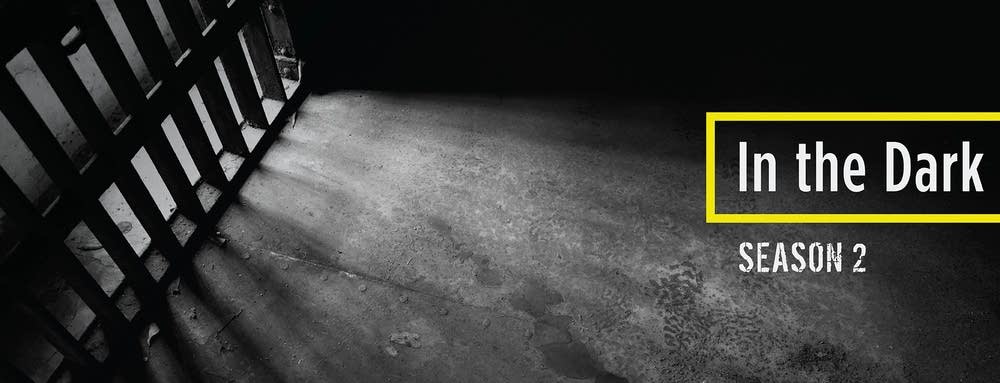Was there a Brady violation in the Curtis Flowers case - and why does it matter?
If prosecutors didn't turn over critical evidence to the defense, Curtis Flowers could get a new trial.

By law, a criminal defendant must be given evidence that could point toward his innocence. It's possible prosecutors failed to do this in the Curtis Flowers case.
The idea that a defendant is legally entitled to this type of information comes from the landmark U.S. Supreme Court ruling in Brady v. Maryland. John Leo Brady had been found guilty of murder in Maryland in 1958. He and an accomplice, Donald Boblit, had stolen another man's car and, in the course of the robbery, beaten the man to death.
Brady and Boblit were both convicted of murder, in separate trials, and sentenced to death. Later, it came out that Boblit had actually confessed to the killing and told police that he alone had perpetrated it. What's more, prosecutors knew about Boblit's statement when they put Brady on trial for the murder he hadn't committed and never revealed it to the defense.
Brady appealed his conviction, claiming his trial had been unfair. In 1963, the Supreme Court threw out his death sentence. "The suppression by the prosecution of evidence favorable to an accused," wrote Justice William Douglas in the majority opinion in the case, "violates due process where the evidence is material either to guilt or to punishment, irrespective of the good faith or bad faith of the prosecution."
The key words here are "favorable" and "material," meaning the withheld evidence must have been good for the defendant and likely to have made a difference at trial. Importantly, Brady holds that ignorance on the part of the prosecutor is no excuse. Police, sheriff's deputies, jailers and highway patrol investigators work for the state. If they turn up anything that casts doubt on the defendant's guilt, the prosecutor must hand it over to the defense.
Evidence that points to another suspect can be especially significant, said Bennett Gershman, a law professor at Pace University. "That a third party may have been involved in the killing, may have been the perpetrator, is certainly favorable evidence to the defendant," he said.
In the Curtis Flowers case, District Attorney Doug Evans and investigators have asserted that Flowers was the main suspect from the beginning.
In a hearing before Flowers' sixth trial, Judge Joseph Loper asked Doug Evans, "Has the state got any exculpatory evidence?" "No sir," Evans replied.
"Have you ever had any that has not been provided?" Loper followed up. "We have never had any evidence that showed anything other than this defendant's guilt," Evans said.
But a close look at the investigative file reveals traces of other suspects. There's the picture of Alabama killer Marcus Presley that was included in the photo lineup presented to an eyewitness. And there's the form Willie James Hemphill signed, waiving his Miranda rights, on July 21, 1996.

Investigator John Johnson testified in Flowers' sixth trial that he thought the conversation with Hemphill lasted only five minutes, but there are signs this might not be entirely accurate.
In fact, on July 21, Hemphill was booked into jail. We discovered that undisclosed fact in a defunct plastics factory on the edge of Winona, in a building without electricity where the county has dumped a hundred years of records. It was found on one of 8,014 booking cards from the Montgomery County Jail that four members of the "In the Dark" team photographed over several days.

In an interview at the Duvall Residential Center, Hemphill told "In the Dark" reporters that he was a serious suspect just after the murders. He said investigators told him that someone had named him as having been near Tardy Furniture on the day of the crime. He said he walked into the Winona jail wearing Fila Grant Hill sneakers, the same type of shoe that had left a bloody print at the scene.

Hemphill said investigators interviewed him for a couple hours, that they recorded his statements, photographed and examined his shoes and fingerprinted him. According to Montgomery County Sheriff Bubba Nix, Hemphill was kept in jail for 11 days, though the records don't indicate precisely why he was held. If Hemphill's claims are correct, all of this would have generated paper records — records that could have been favorable to Flowers' defense. No such records were in the files turned over by the prosecution.
A court will have to decide whether any evidence pointing away from Flowers' guilt was withheld and, if so, whether it was important enough to have changed the outcome of his sixth trial.
When judging any potential Brady violation, a court weighs what was actually presented at trial against what was missing.
"The test is," Gershman said, "is there a reasonable probability that if this evidence, which the prosecutor had suppressed in violation of Brady, was known by the jury, would the jury's verdict be different?"

